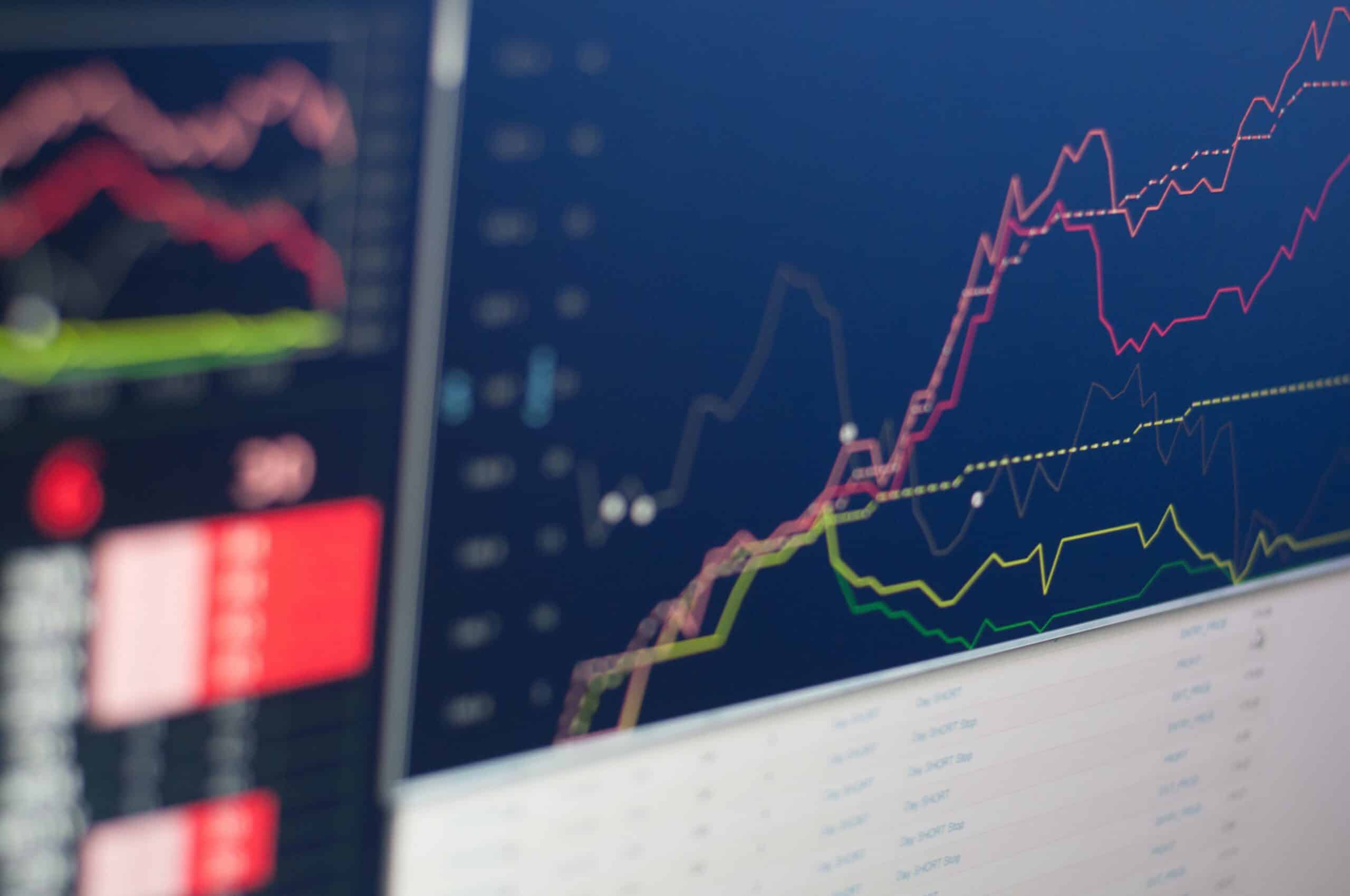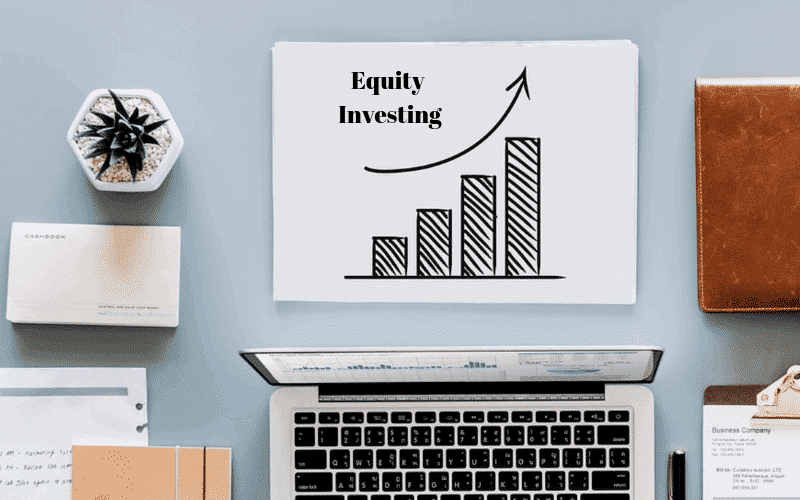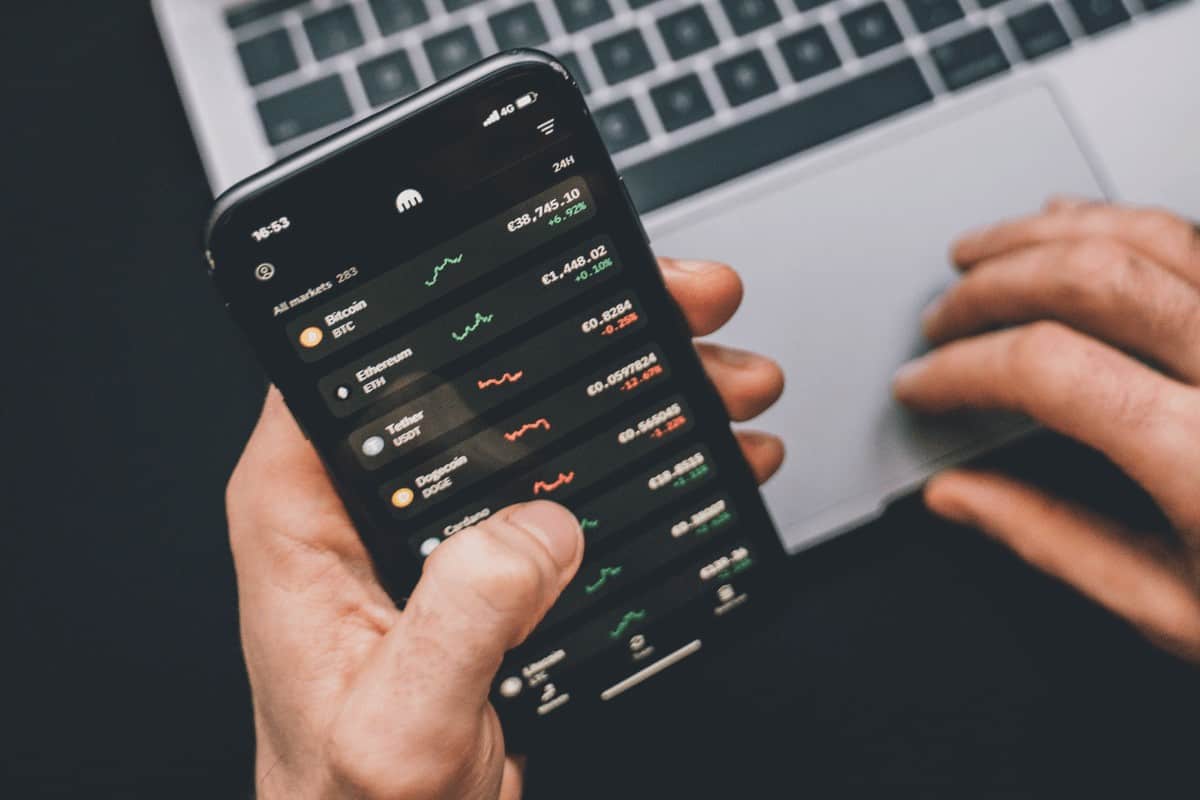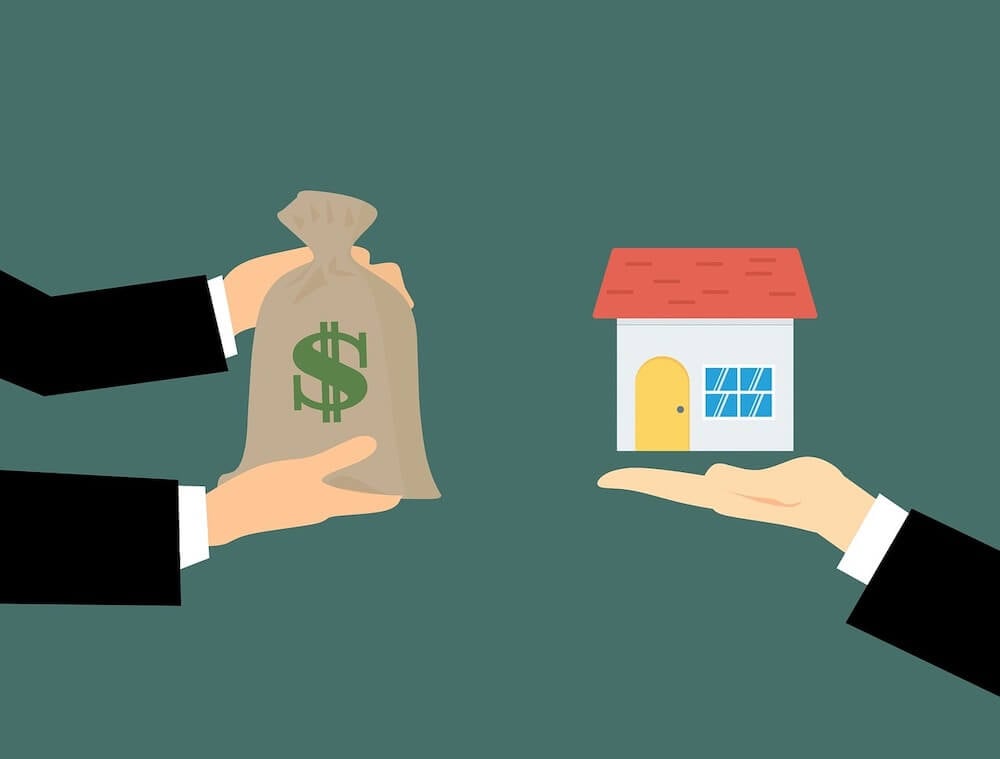Affiliate Links
When it comes to investing your money — more often than not — the allure of higher returns will be very enticing.
However, the greater the potential return usually comes with a higher level of risk, where you could potentially lose a significant amount of money.
While all investing has some inherent risk, you may want to diversify your money into safe investments as well.
Although you may have a “buy and hold” approach and years to go before you need to dip into your investments, having a blend of safe investment options can help you weather economic storms.
After all, it will be inevitable that you will face stock market corrections and even potential recessions.
So what are safe investments? What options do you have that are worth considering?
Table of Contents
- What Are Safe Investments?
- Low-Risk Safe Investment Options
- Safe Investments With Higher Returns
- What Is The Safest Form Of Investment?
What Are Safe Investments?
Safe investments are assets that will help put your money to work, but do not face the same risks or volatility that the traditional stock market might create. The difference is, with lower risk investments, you’ll generally see lower returns in the long-run.
Now, this does not mean that all safe investment options are treated equally as some can still experience a bit of risk.
But, the potential for huge loss is substantially smaller than say traditional equities you might invest in via the stock market.
I can’t tell you exactly what or how to invest your money, as everyone’s personal circumstances, risk tolerance, and goals will vary.
However, mixing in some safe investments to your portfolio can be beneficial in a few ways:
- Your horizon to retirement is close, so you want less risk
- You have money beyond your retirement or emergency fund you want to invest
- Worried about an upcoming recession or bear market and want to safeguard your wealth
- Looking to expand your options and test new investments
So, what are some safe investments that you should consider?
Low-Risk Safe Investment Options
While investing in stocks and investing without the stock market presents an array of choices, many involve higher risk, money tied up for a few years, or have higher initial investments.
I think many are excellent options pending your risk tolerance, but there are a few safer investments you might want to dabble in.
Traditional Savings Account
Your bank savings account is actually considered a safe investment. I know, I know this is bland and pretty lame. But it has to be included on this list!
A traditional savings account with your bank or credit union will offer some interest on your money. Typically, you’ll use this to sock money away in an emergency fund and ensure it’s easy to quickly access if you need it.
The reason it is a safe investment is that you won’t lose money due to economic fluctuations and is insured up to $250,000 via the FDIC.
What this means is that if the bank fails and can’t provide you with your money, the FDIC protects you and ensures you get that money back.
The real downside to putting all your money into a savings account is the interest rates are usually pretty terrible. I’m talking fractional percentages, meaning the interest rate you can earn in a savings account is most likely much lower than inflation. Yikes.
High-Yield Online Savings Accounts
Another option with banks is looking into an online-only bank account that offers a high-yield savings account. I know we don’t think of savings accounts as a traditional investment, but when you find interest rates of 1-3%, I still felt it’s important to include.
These online-only banks typically can offer more interest because they have less overhead costs and can instead put that towards their customers.
Many online banks offer convenience, better website and mobile experiences, and have no fees or lower fees than traditional banks.
An online savings account can be a great additional place to stack your emergency fund or extra outside of it. Any good online bank will also offer FDIC protection and other security features.
But like traditional banks, even though the interest rate is a bit higher, you still may be behind on keeping up with inflation.
A few online banks to consider
- CIT Bank
- Ally Bank
- Radius Bank
Can you lose money in a savings account?
Yes, you can lose money in a savings account if inflation is higher than the interest rate. This means your money will lose value over time and has much less purchasing power as time goes on. However, it’s still one of the safest places to store a percentage of cash.
Certificates of Deposit (CDs)
One of the safest investment vehicles out there is probably Certificates of Deposit or “CDs” as they are generally abbreviated. These will put your money to work for you over a period of time, and have very lower risk to invest.
Essentially CD investments are options that the bank promises to pay you a set rate of interest over a specified term if you leave money in that CD until the term ends. And the CDs often only require as little as $500 or $1,000 to open at a minimum.
Your bank or online bank will typically offer CDs and they will also be FDIC insured, so you have a safety net if anything goes wrong with your bank.
The downside is your money can be tied up for the a year or more, pending the terms of the CD. If you withdraw early, there could be penalty fees and you miss out on interest. Additionally, some savings accounts have better interest than CDs these days, however many online banks offer much better returns.
You can also look into a CD ladder, where you divide a sum of money into equal amounts and invest them in certificates of deposit (CDs) with different maturity dates. There is a bit to understand with those, so check out this post to learn more.
Besides their Savings Builder, CIT Bank offers some decent CD options which might be good for you. You can learn more and get started here.
Fixed Annuities
A fixed annuity is just a contract with an insurance company where you provide them money to manage and they pay you a guaranteed return. Usually, the interest on a fixed annuity is tax-deferred.
Additionally, the insurance company guarantees your principal and a minimum interest rate. But the reason people like these as safe investments is fixed annuities are predictable and help you grow your money with lower risk.
Annuities are also monitored by the State Insurance Commissioner and are required to keep large reserve accounts.
The challenges are fixed annuities are usually not very liquid, which means you will not have easy access to the funds until your term is up. And like most of the safe investment options, the returns may not keep up with the rate of inflation either.
Having a guaranteed and safe return on part of your retirement investments is a good idea, but keep in mind there can be hefty penalties and taxes to get your money out of an annuity early.
Additionally, since annuity investments are typically offered by insurance companies, you run the risk of the insurer filing bankruptcy and never paying out on your policy.
And then there’s also the chance that the annuity may have higher costs associated with it than other investments, due to fees involved. You can learn more about fixed annuities here.
Treasury Securities
Treasury securities are probably the most conservative investments and are considered to be quite safe. These are issued by the U.S. government and are typically divided into a few categories based on the length of the investment until they reach maturity.
There are a variety of treasury securities that include bills, notes, bonds, U.S. savings bonds, and Treasury inflation-protected securities.
Pending on what you are interested in, some investments in this category will pay current interest and others you’ll buy at a discount and then get your return once it has reached its maturity.
The securities have various levels of maturity that can actually range from a couple of days all the way to 30 years! You can learn more about them and how to buy these assets here
These are safer investments because there is a demand for the market and selling your U.S. government investments is easy. Even if you need it before the maturity date, you can still get a decent price when you go to sell.
Again, with safer investments you’ll find lower returns. Additionally, the government does not offer special rates or deals by opening an account like you might find with a CD or savings account at a bank.
And lastly, inflation and interest rates will fluctuate and rise, so if you do sell before maturity there is a chance you get back less than what you invested.
Safe Investments With Higher Returns
The previous section covered some of the safe investment options, but with relatively low returns. Each of those have advantages of potentially putting money towards, but you shouldn’t expect much interest income.
However, there are some other low risk, high return investments that might be worth looking more into too. Now “high return” is relative because you won’t find some 10%+ returns here, but generally higher than say a CD or savings account.
Dividend Paying Stocks
Wait wait, there are stocks included on this list that are considered safe investments? Well generally speaking, yes!
While there is certainly more risk than the previous section, dividend paying stocks are also not the highest-level of risk for the long-term either.
Dividend paying stocks are companies you invest in via the stock market that have a history of consistently paying their shareholders a portion of the profits.
There are many companies on the stock market that do offer this. But a great way to ensure that is to check out this list of high-dividend stocks.
What’s great about these dividend paying companies is they pay you a specified amount on a regular basis based on how many shares you own. Pending the company, this could be on a monthly or quarterly basis.
These are considered “safer” because over the long-term the companies continue to pay out and build income for you, on top of the potential share price going up.
Now, these companies are not legally required to pay dividends and stock prices can fall, so there is that risk that dividends could shrink or the stock price is significantly less than you initially invested.
But dividend stocks become less risky when you buy into companies with a long proven history of financial stability and success. So always do your research if this interests you.
Index Funds
Investing in the stock market always comes with risk. But the reason index funds are included in potentially safe investment options is because of how they work.
Additionally, there are many index funds that are low risk and balance out market fluctuations so you do not have crazy volatility.
An index fund is a portfolio of stocks or bonds designed to mimic the performance of a financial market index. Instead of picking individual stocks or bonds, you now have a massive exposure to a mix of companies and bond types pending the index fund you invest in.
Like I said, there are many index funds that still have higher risk and wild swings based on the market. But for buy and holder investors, that won’t matter.
However, if you are looking for safe investments with high returns, there are a few index funds that are well-balanced and sheltered from volatility.
For example, there are many Vanguard Index Funds to choose from that offer great exposure, but less risk.
One of my favorites is Vanguard Tax-Managed Balanced Fund Admiral Shares (VTMFX), which I invest in a traditional brokerage account. I’ve been seeing 5-6% returns and even during wild markets, share prices do not fluctuate as intensely.
But there are many others in Vanguard and other financial institutions to look into. These can be chosen in your retirement account as you get older or if you are investing outside of your retirement, but looking to keep risk low and taxes on returns lower.
What Is The Safest Form Of Investment?
Out of all the low risk investments, the safest form is to invest in a high-yield savings account, treasury securities, or CDs. These ensure your cash is at the lowest risk possible. The downside is the interest rates may not keep up with inflation, but you do not face the same risks as the stock market.
So what safe investments are you choosing? Which have performed best for you? Are there other safe investing options people should consider? Let me know in the comments below!
















